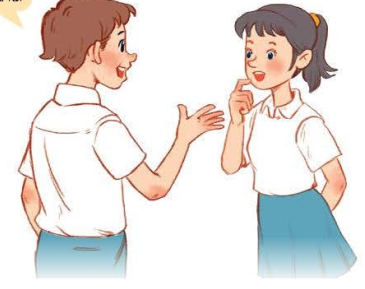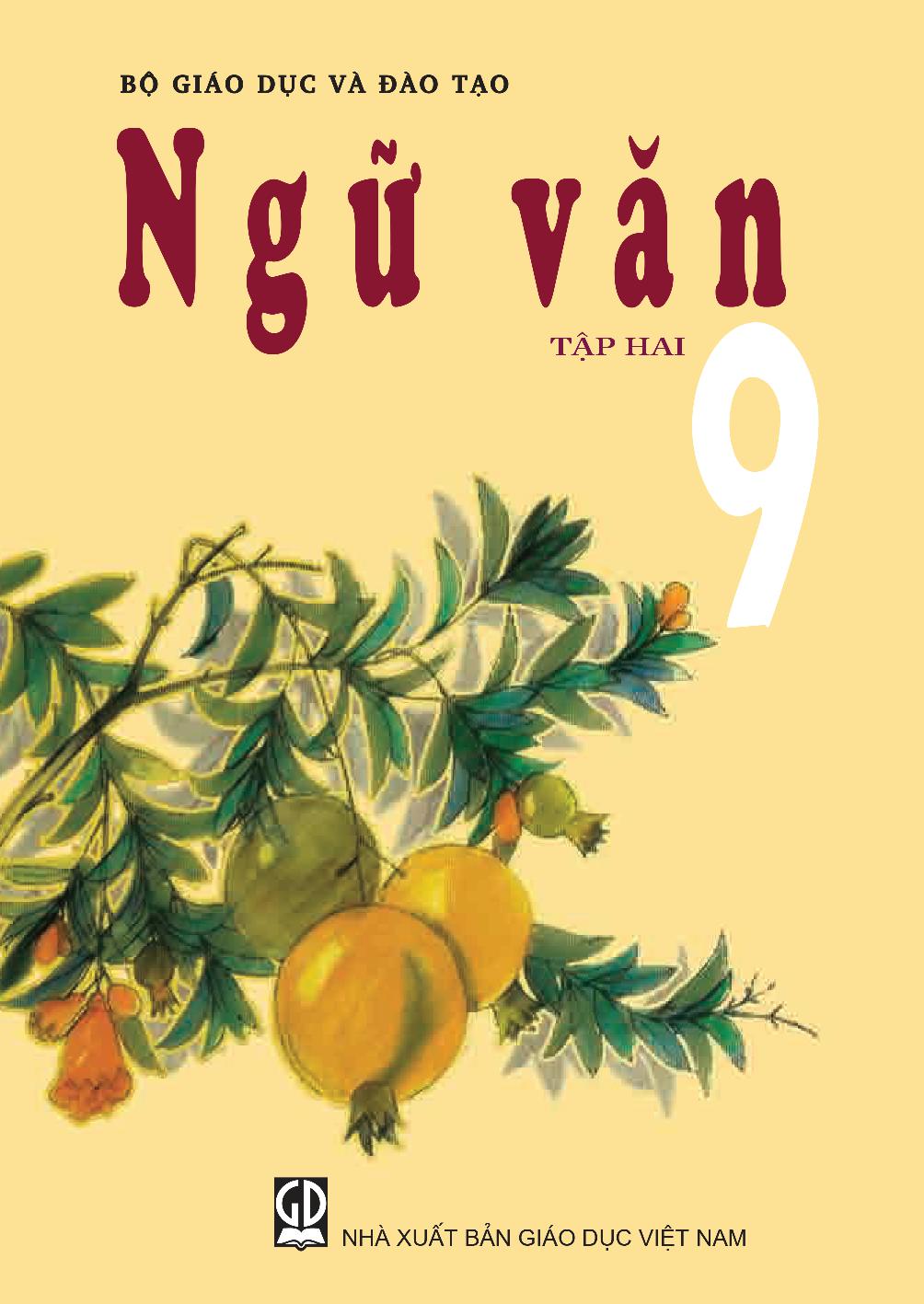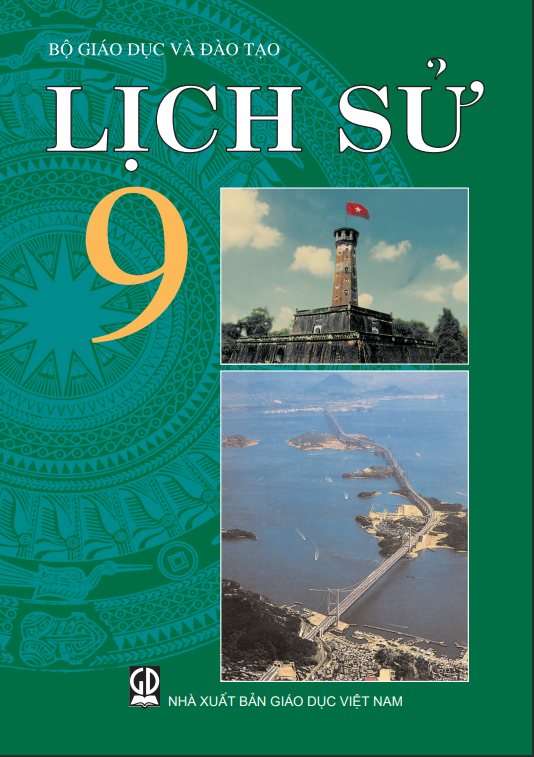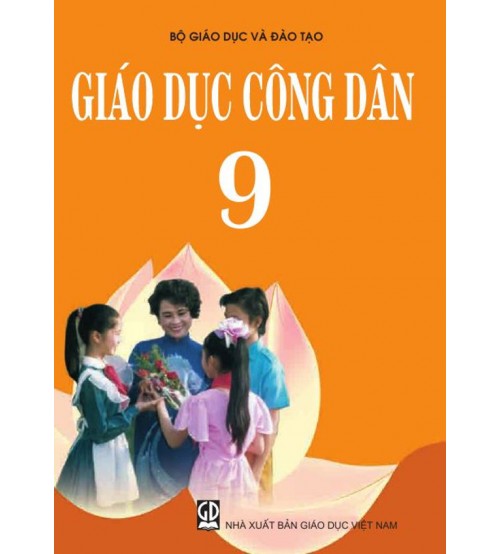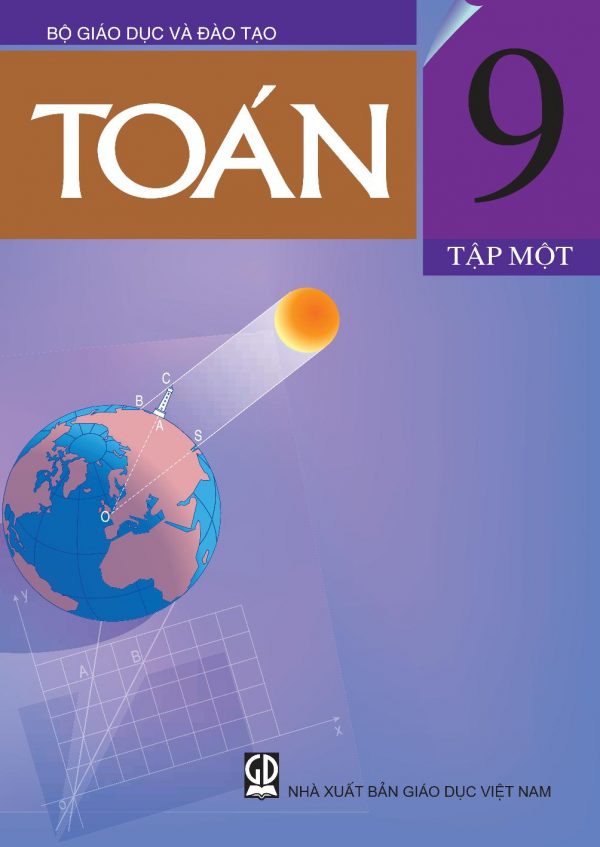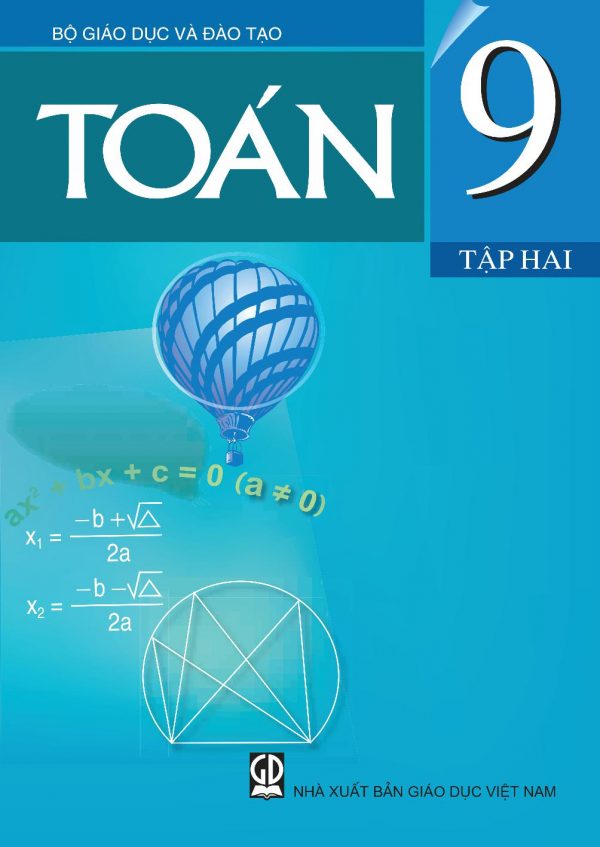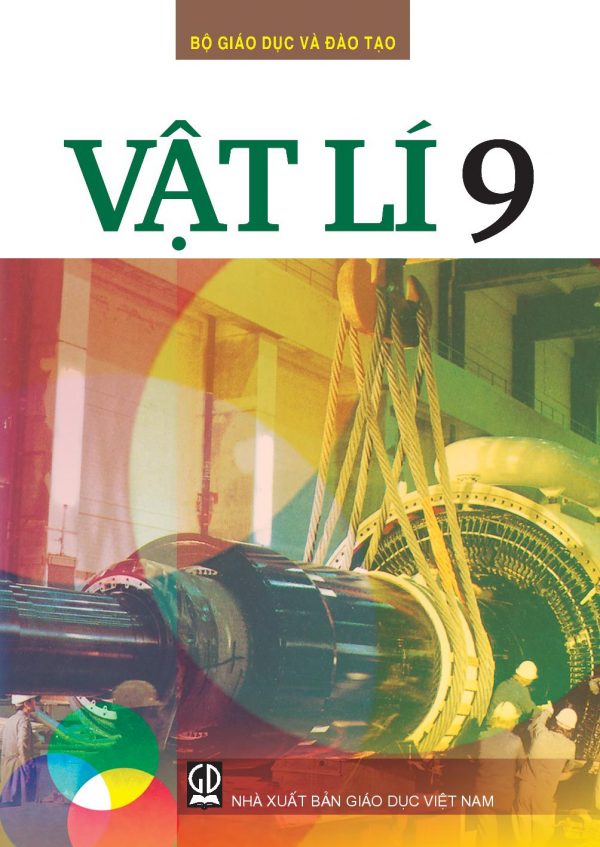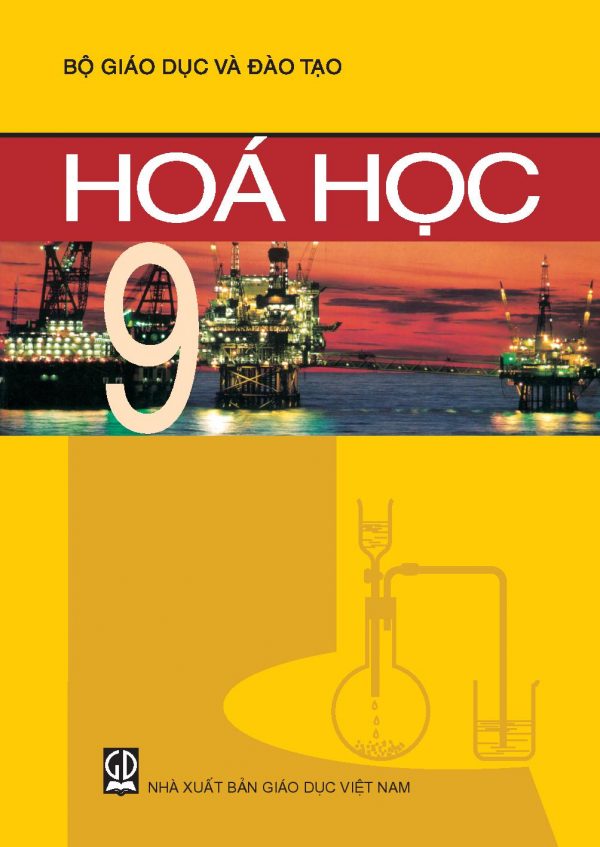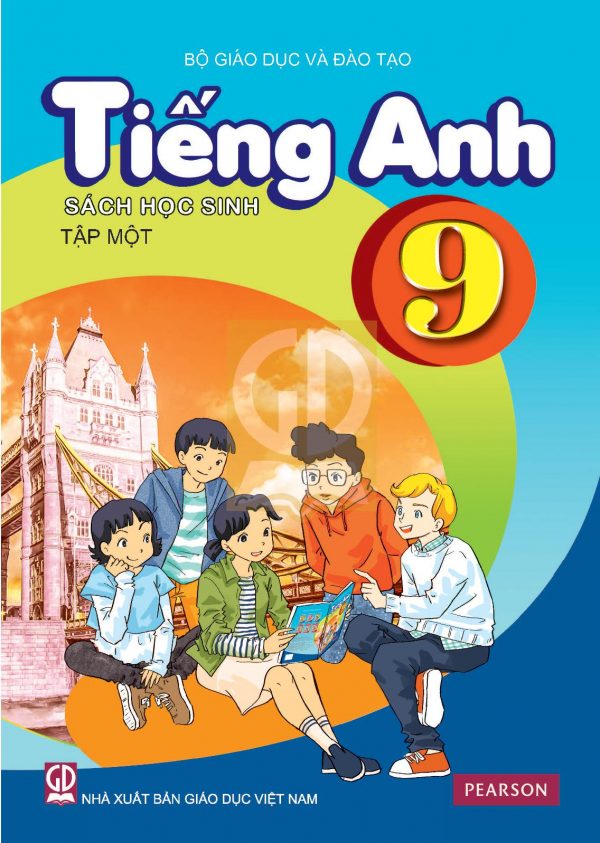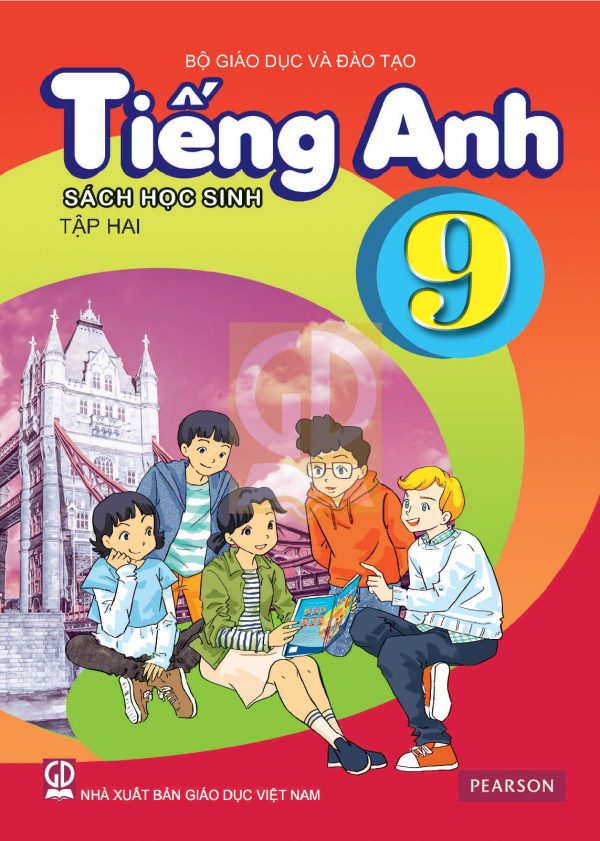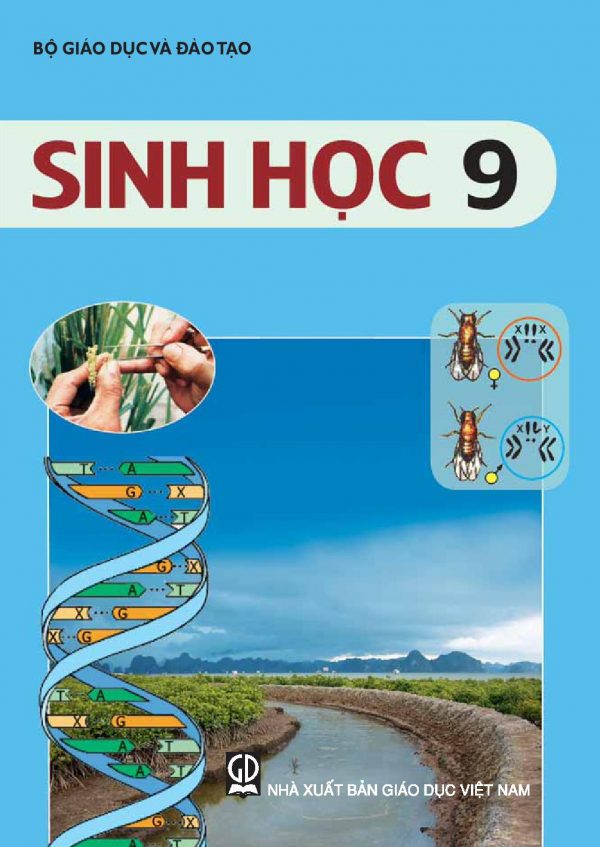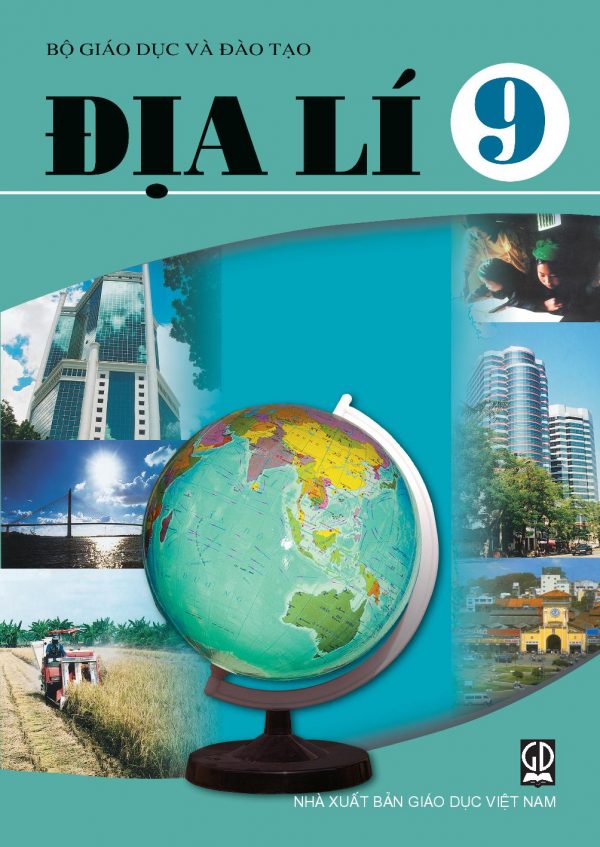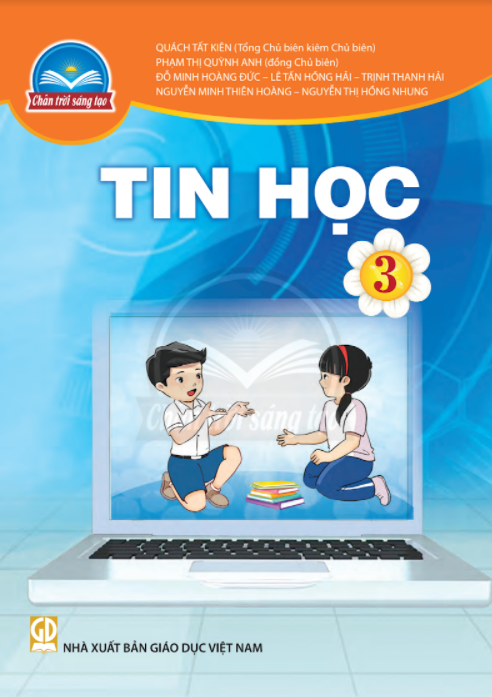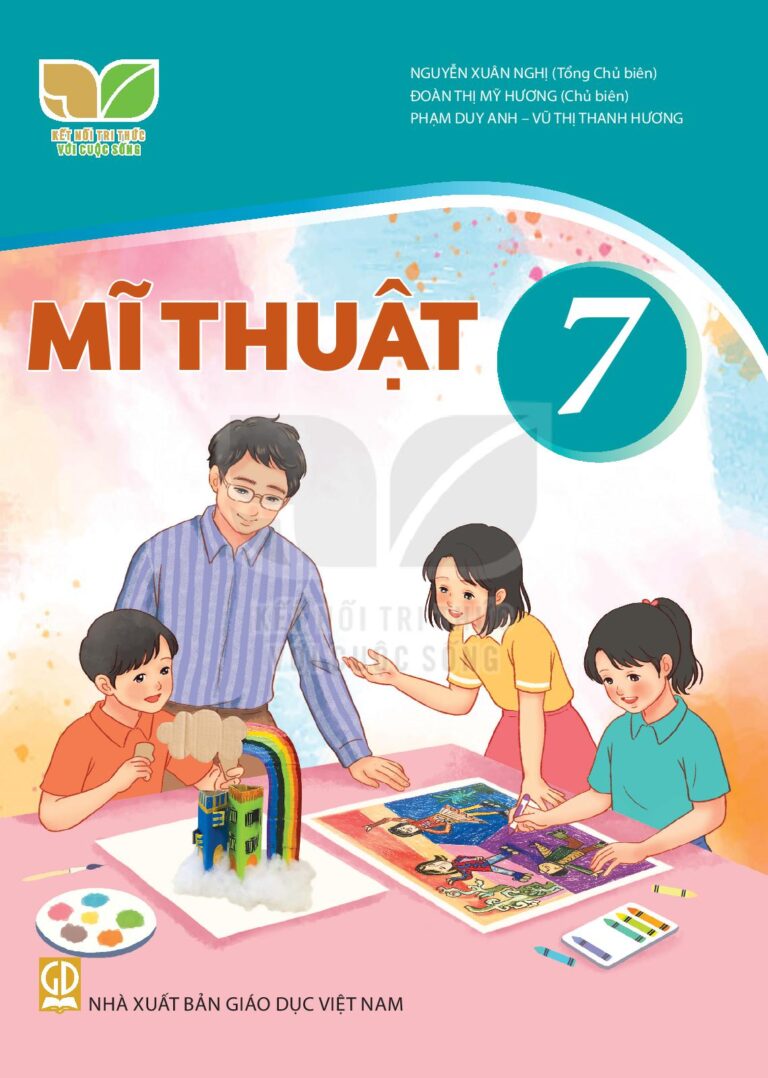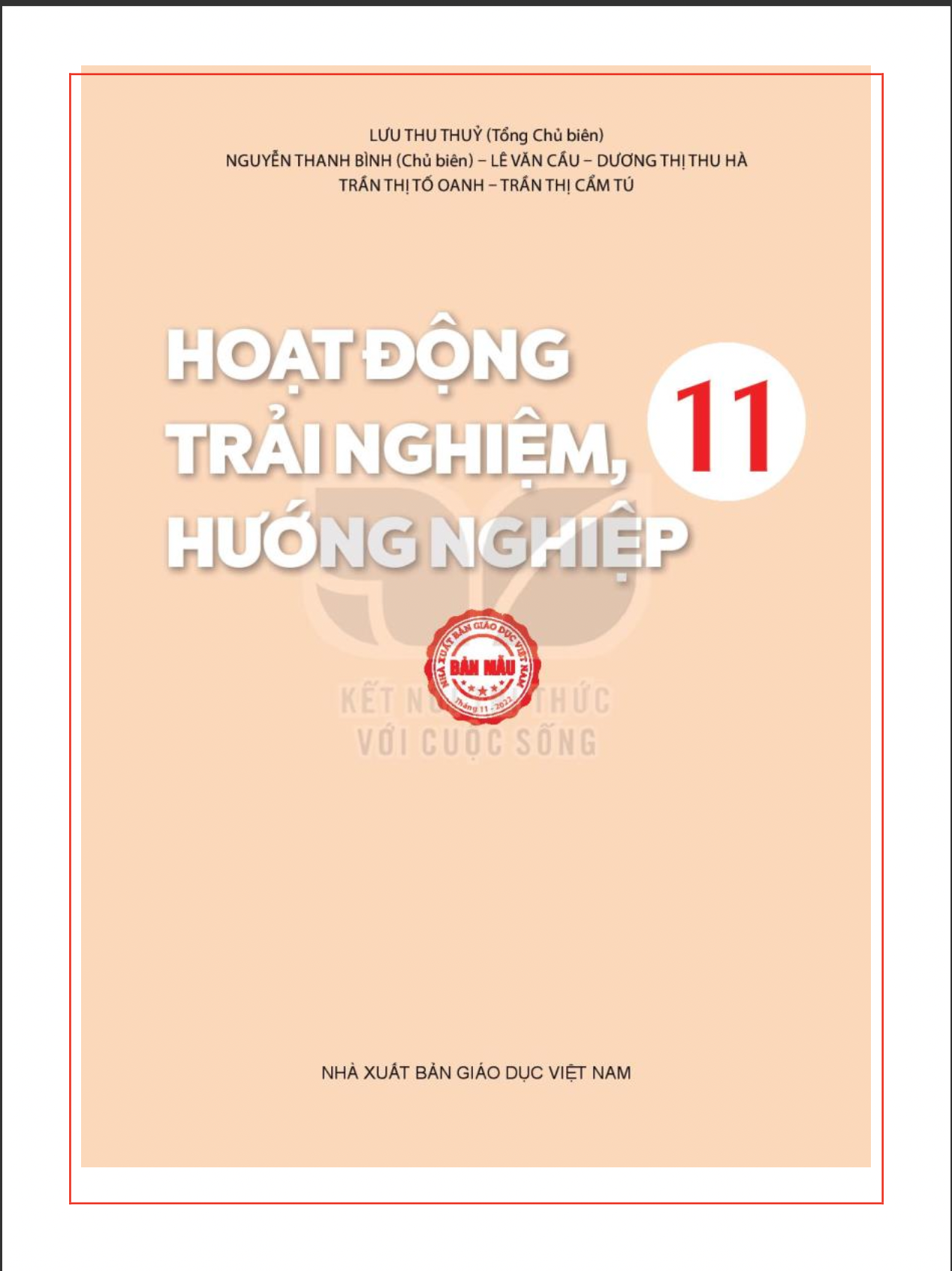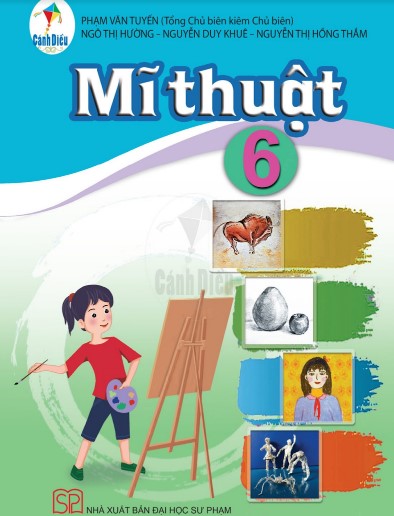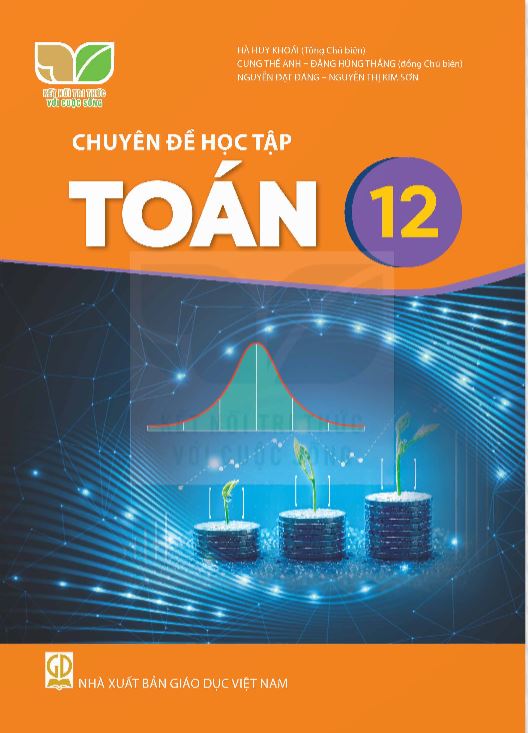(Page 95)
👉A CLOSER LOOK 2
Grammar
Defining relative clauses
💡Remember!
A relative clause tells us more about people and things. It usually starts with a relative pronoun.
Defining relative clauses give us essential information. Without this information, people are not clear which person(s) or thing(s) we are talking about.
Example:
- The teacher who taught me my first words in English is Mr Vinh.
- He gave me the dictionary which you suggested.
1. Choose the correct answer A, B, C, or D to complete each sentence.
1. English is the language _____ is known as a global language.
A. who B. which C. whose D. what
2. People _____ speak English well can find jobs in international companies more easily.
A. who B. which C. whose D. why
3. People from countries _____ do not share a common language use English to work together effectively.
A. who B. which C. whose D. where
4. The woman _____ son won the English speaking contest felt very proud.
A. who B. which C. whose D. when
5. I met a man _____ first language is Arabic at the conference.
A. who B. which C. what D. whose
💡Remember!
The relative pronoun who or which can be the subject or the object of the relative clause. We must use it when it is the subject of the relative clause. We can omit it if it is the object.
Example:
- The man who is talking to the girl is bilingual in English and French.
S
-> must use who
- The man who you met this morning is bilingual in English and French.
O
-> can omit who
2. Underline the relative clause in each sentence. Decide if the relative pronoun is the subject (S) or object (O) of the relative clause and if we can or cannot omit it.
1. The new vocabulary items which we learnt yesterday are difficult to remember.
2. I don't like the grammar exercises which are in this book.
3. The man who translated this novel into Vietnamese must be proficient in English.
4. The students who love languages can join our Reading Club.
5. The teacher who we admire can speak three languages.
3. Are these sentences right or wrong? Correct them if necessary.
1. My sister doesn't like films have unhappy endings.
2. What is the name of the man who is the director of the language centre?
3. One of the four official languages people use in Singapore is English.
4. I like the English lesson which Ms Oanh taught yesterday.
5. Students who grades are high can compete in this contest.
(Page 96)
4. Combine the two sentences into one, using a relative pronoun.
1. I met a woman. Her husband is a famous linguist.
__________________________________________________________________.
2. My friend's father gave us the tickets. He owns a travel agency.
__________________________________________________________________.
3. The grammar exercise was very complicated. Nobody could do it.
__________________________________________________________________.
4. I study English in a language school. It is in the centre of the city.
__________________________________________________________________.
5. The student completed the quiz the fastest. The teacher praised him.
__________________________________________________________________.
5. GAME Clues for you
Work in two teams. A student from each team gives clues about an object or a person in class, using a relative clause. Students from the other team guess which object or person it is.
Example:
This is something which we write with.
Is it a pen?
Yes, it is.
